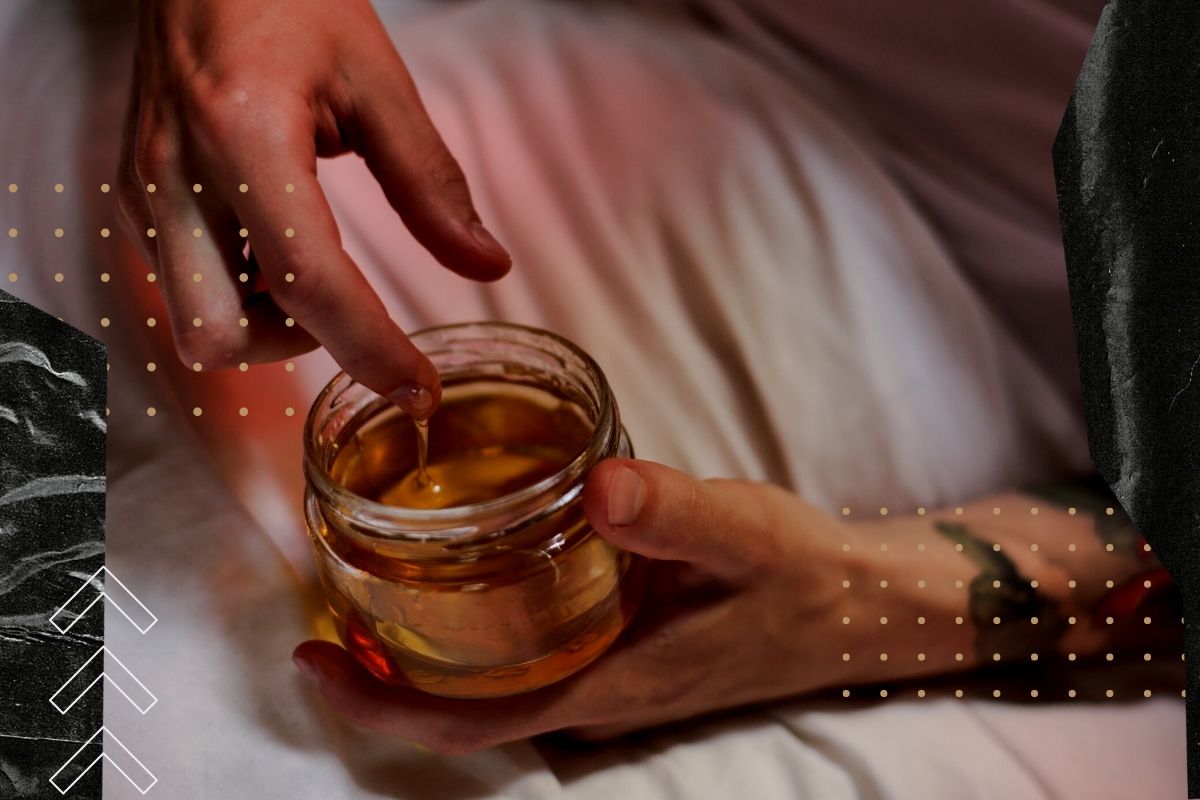Are you also wondering will honey ruin your intermittent fasting? If so, you’re not alone. When it comes to IF, there are a lot of questions about how and what we can eat. Does it have to be grapefruit with breakfast? And does that mean no honey too? Is honey okay as long as it’s natural?
Are there any other exceptions we need to know about? Intermittent fasting might sound like a scary term but let us assure you that it is completely safe, as long as you follow the right steps. It is a very simple practice that involves restricting your eating window to only a few hours of the day.
There are several different approaches to intermittent fasting, but in general, they all have one thing in common: reducing intake frequency while increasing the time between meals. This means not eating for extended periods of time and then feasting once or twice per week.
How you go about doing this is up to you — some people fast completely and other people restrict their eating windows to just a few hours each day. Regardless of your personal approach, the main goal is always the same: intermittent fasting helps activate fat burning and metabolic processes throughout the day which results in weight loss over time.
Does honey have any benefits for weight loss?
Like we said above, honey is a healthy sweetener that is perfect for your coffee or tea, but is it good for you? Honey is rich in vitamins, minerals, and antioxidants, which are beneficial for your overall health, but is it good for weight loss? And if so, how much should you consume daily?
Antioxidants are known to protect against heart disease and certain types of cancer by fighting free radicals in the body. Honey, along with other high-antioxidant foods, can help reduce oxidative stress and prevent diseases related to free radicals. Honey also contains erythritol, which is a sugar alcohol that occurs naturally in many fruits and vegetables.
The human body can’t digest erythritol, so it ends up in the large intestine where it’s broken down by bacteria and converted into hydrogen and carbon dioxide. Basically, it ferments and turns into harmless gas. Erythritol has shown to have no effect on blood sugar or insulin levels, which makes it a sweetener suitable for low-carb diets that require careful monitoring of blood sugar.
The truth about eating honey while fasting.
While the benefits of honey are clear, what many people don’t know is that it is easier to over-consume sugar during fasting. Eating a healthy diet is great, but if you’re fasting, you should be very careful with sugar intake.
The main idea behind intermittent fasting is to make the body use the fat reserves for energy instead of glucose. During this process, insulin levels drop, which is why we can’t eat anything during the fasting period.
The body doesn’t have access to any glucose from food and the only source of glucose is the glycogen stored in the liver and muscles. If you’re fasting, consuming any amount of sugar will prevent the body from accessing the glycogen and potentially cause insulin spikes.
How to Safely Enjoy Honey with Your IF Diet?
In order to consume honey with your intermittent fasting diet, there are a few things you can do to make it work. First, in order to reap the benefits of this amazing superfood, you should choose a raw one without any additives or flavoring.
This way you’ll get all the benefits of honey without having to worry about spoiling your digestion. If you want something sweet, raw honey is the way to go. You can use it to sweeten your tea or coffee, or you can use it to make a healthy, naturally sweet smoothie.
One thing to remember when eating honey while doing an IF diet is that it is a slow-digesting carbohydrate. This means that it will be metabolized more slowly and will cause a big spike in insulin levels, which is not ideal if you’re fasting.
To prevent this from happening, it’s important to pair your honey with protein-rich foods. Eating protein alongside your carb source helps slow down digestion and prevents insulin spikes.
Does Honey Ruin Intermittent Fasting?
The short answer is no. But we hope that you’re now more curious to know why. As we’ve already said, it’s not about the quantity of sugar, but rather the timing of your sugar intake. Since you’re fasting, your blood sugar levels are lower than they would be during regular eating hours.
This means that any sugar you consume will get metabolized quickly and cause bigger insulin spikes. The spike in insulin caused by sugar intake during fasting has no long-term positive effects on the body and may even cause harm to your metabolism. On the other hand, consuming sugar at the right time is beneficial because it provides energy to your brain and enhances your cognitive function.
When we eat sugar at the right time, it causes a spike in insulin that lasts a few hours. However, when you consume sugar at the wrong time, it causes a spike in insulin that lasts for several hours.
Final Words
That’s the end of our article on does honey ruin intermittent fasting? As you can see, consuming sugar at the wrong time and before the end of your fasting period is not great. But that doesn’t mean you can’t eat anything sweet while fasting.
It’s perfectly fine if you want to have a piece of dark chocolate or some berries for dessert. As long as it’s in the right timing, it won’t harm your body. Remember, the goal of the intermittent fasting diet is to make the body use fat for energy instead of glucose.
All you have to do is to make sure that the meal you consume during the eating hours contains little to no sugar. That way you can enjoy the benefits of intermittent fasting and reap the health and weight loss benefits of this powerful diet!





